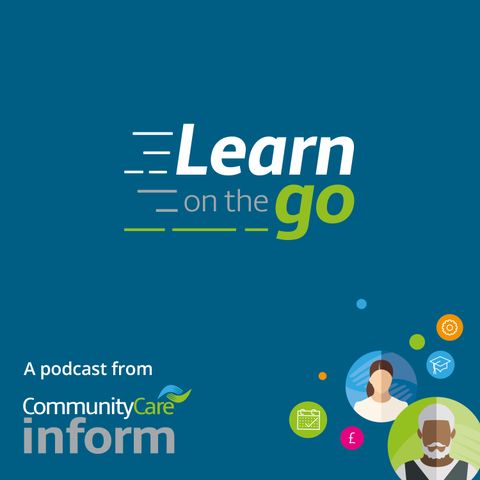Social work and FGM: anti-oppressive practice in action

Sign up for free
Listen to this episode and many more. Enjoy the best podcasts on Spreaker!
Download and listen anywhere
Download your favorite episodes and enjoy them, wherever you are! Sign up or log in now to access offline listening.
Description
In this episode, we discuss the social work role in working with girls and women affected by female genital mutilation (FGM) and safeguarding children at risk. Our two guests bring...
show moreYou’ll hear about ways to keep anti-oppressive and anti-racist practice, personal reflection and supervision central to your work – both to avoid stigmatising and causing further harm to affectees, and to build trust and relationships with individuals and communities to reduce risk.
The guests are: Maureen Mguni, a senior lecturer and researcher in social work at the University of West London (UWL) who has worked with women and girls affected by gender-based violence for most of her practice and research career, currently researching the experiences of people affected by FGM and their engagement with social workers in the UK; and Zelia Camelo. During one of her placements while studying social work at UWL, Zelia worked with a young person who had experienced FGM and she discusses what she did and what she learned.
The questions were asked by Joanna Silman, senior content editor at Community Care Inform Children.
Areas covered:
02.03: Addressing common misconceptions and myths about FGM
06.31: Use of language with affectees and children at risk and their families – examples of anti-oppressive questions to ask instead
12.50: Zelia’s experience working with a 16-year-old Somalian female during her placement, and the direct work she carried out. The girl had undergone FGM at a young age. The law and interactions with health services are also discussed
24:37: Why social workers need to reflect on FGM as a political issue – the role of racism, understanding the mandatory reporting duty, working with male expectations in communities as well as with women
31:15: Concluding messages for practice
Links
- Community Care Inform practice guide: https://www.ccinform.co.uk/guides/guide-to-female-genital-mutilation-for-social-work-professionals/
- Maureen’s PhD research that she discusses in the episode is not yet published. You can find her published works and a fuller biography here: https://www.uwl.ac.uk/staff/maureen-mguni
- Maureen’s 2022 webinar as part of Siobhan MacLean’s Student Connect series is available here: https://www.youtube.com/watch?v=hIzOlmLG8A4&t=3286s
- British Association of Social Workers (BASW) FGM direct work toolkit: https://www.basw.co.uk/resources/fgm-direct-work-toolkit (BASW membership required to access)
- United Nations Convention on the Rights of the Child: https://www.unicef.org/child-rights-convention/convention-text
- United Nations Universal Declaration of Human Rights: https://www.un.org/en/about-us/universal-declaration-of-human-rights
Comments

Christabell Mwendamberi
9 months ago
Information
| Author | Community Care |
| Organization | Community Care |
| Website | - |
| Tags |
-
|
Copyright 2024 - Spreaker Inc. an iHeartMedia Company
